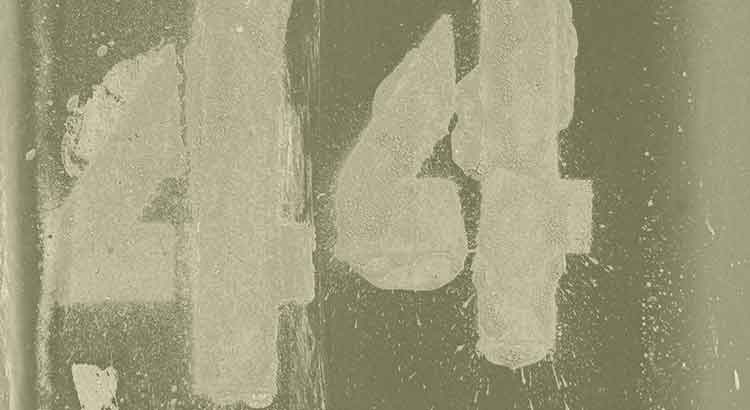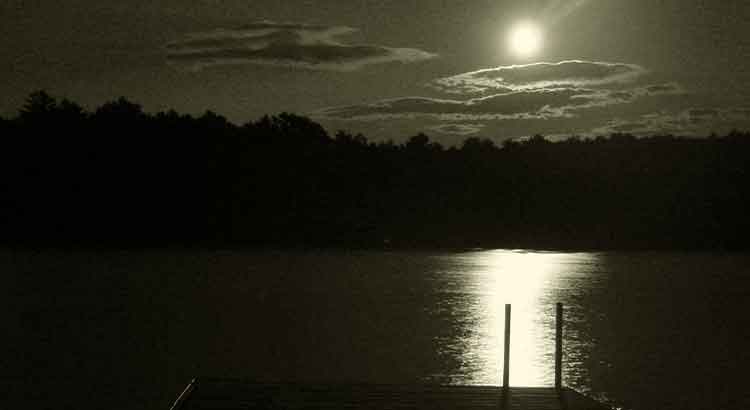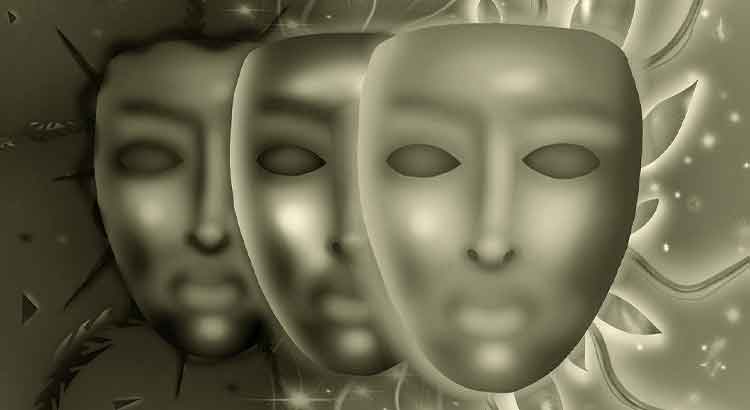Many psychologists put too much emphasis on the nostalgic aspects of the so-called “midlife crisis”. I do not deny their importance, but I believe they are only the banal manifestation of a problem that may be much deeper. Midlife usually denotes facing failure, seeing what was once called a “dream” buried. In other cases, in cases of “success,” it characterizes the period when the uselessness of one’s achievements, the stupidity of daily life, and the lack of spirit to move forward are exposed. All of this is due to frustration with the present, not a desire to relive the past. At twenty, life is interesting because it is promising, because it is full of “perspectives” that time takes care to eclipse. The individual then finds himself immersed in a vacuum. Ultimately, middle-age does nothing but highlight the meaninglessness of existence. But it also makes him open his eyes and reason, and if there is something we can call “maturity,” it usually requires what clinical psychology calls “depression”. The depressed person testifies his mental sanity.
Tag: psychology
The Risk of Not Seeing the Obvious
The analytical mind, while endowed with great talent in giving depth to the object being analyzed, in scrutinizing it, finds it difficult to visualize it in a dynamic environment, interconnected and in motion. On one hand, the ease in penetrating and capturing the essence of things, and on the other, the difficulty in visualizing the whole. Summarizing or, in other words, outlining superficially is what this mind refuses, depriving itself of a panoramic and often enlightening vision. The need to isolate and always go deeper, besides causing a lot of useless effort, can deprive it of seeing the essential.
Day and Night…
In thoughts, the ultimate and extreme movement not executed in life. And the consequences, all of them afflicting and pulsating as soon as the head rests and the eyes close. The need to annihilate, never forgetting a single word, carrying out all the violent impulses controlled by the rational manifesting itself, every night, while silence reigns outside. In life, in art, the effort to slow them down, the effort to mask their monstrous character, the effort for the predominance of conscience. And so the mind submerges into double life.
Carl Jung’s Acuity
It is incredible to note the acuity of some of Jung’s observations when applied to general conduct and its natural reflexes in a society. When we perceive that there is a search for external validation operating incessantly and encompassing even strictly individual acts, we understand why there is such a high degree of submission to the environment—this one, considered en masse as the sovereign arbiter. From this to the public demand for conduct against one’s will, even if disguised, under penalty of jail or lynching, does not take much time. And the reflexes? How predictable! The social man has no personality; he is a puppet of the collective behavior. All it takes is for one imbecile to get up on a stage, convince a claque, and then the endless mass of sheep, out of fear and need, will be embracing him.



